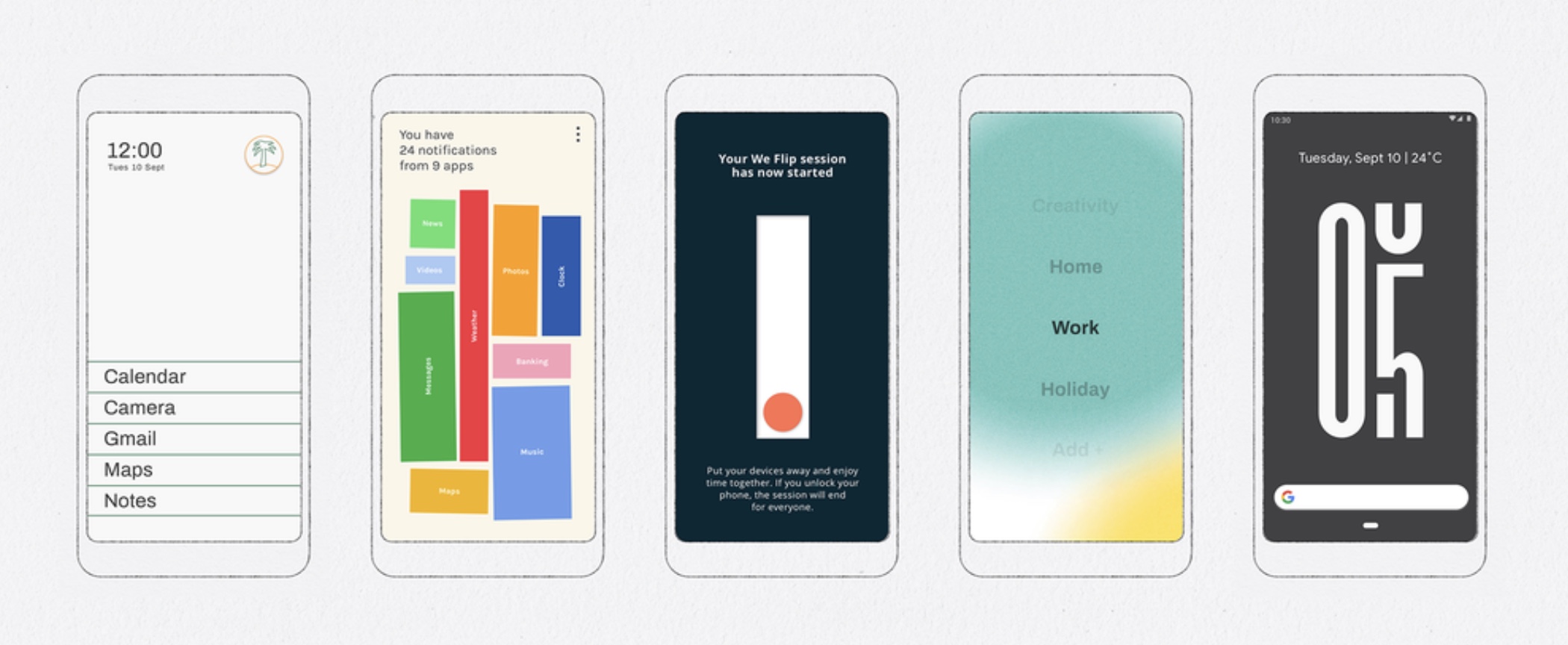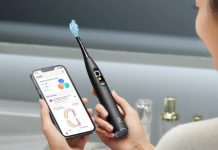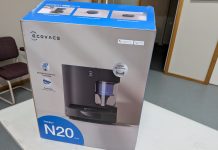Let’s be honest here, smartphone, tablets and smart speakers and technology have very much taken over our lives and it can be hard enough to find that medium between digital and personal wellbeing now a days.
However, its seems Google wants to help you out by making Digital Wellbeing a part of their products and services – e.g. Wind Down on Android and Take a Break reminder on YouTube – but it is also adding more, launching its Digital Wellbeing experiment program which is a platform to encourage designers and developers to build digital wellbeing into their products.
Google has said that the platform has been designed for anyone to share their ideas and experiments to help get a better understanding of theirs and other digital wellbeing.
To help kick this project off, Google has created five fun filled digital wellbeing experimental apps that each centres around a different behavior and offering a small way to help improve your digital wellbeing and find a balance that feels somewhat right for you.
The apps that Google has designed are:
Unlock Clock – an app that displays the number of times you unlock your phone in a day.
We Flip – an app that helps families and friends disconnect from technology together by simultaneously flipping a big switch, setting their phones to “Do Not Disturb” mode.
Desert Island – an app that helps you to find focus by spending a day only using your essential apps.
Post Box – an app that helps minimise distractions with scheduled notifications.
Morph – an app that help you stay focused by getting the right apps at the right time.
The one experiment that really isn’t an app is Paper Phone, which is a printable paper phone which helps you take a break from your digital world.
You can watch a video explaining about the new Digital Wellbeing experimental apps and services below:
Google has open-sourced the digital wellbeing experimental code and has stated that it hopes that these digital wellbeing experiments will inspire developers and designers to keep digital wellbeing top of mind when building technology.
You can find out more about Google’s digital wellbeing experiments and apps simply by clicking here.




